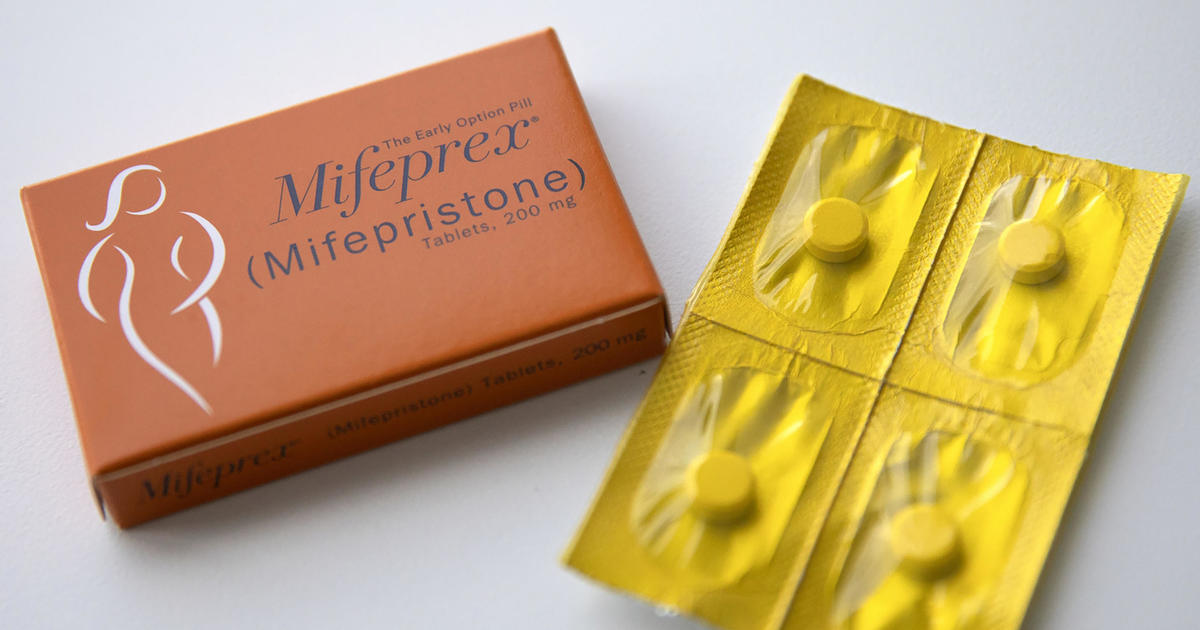Louisiana recently made history by becoming the first state to classify two abortion-inducing medications, misoprostol and mifepristone, as controlled substances. This means that possession of these pills without a prescription is now considered a crime. Governor Jeff Landry signed legislation reclassifying these drugs as Schedule IV substances, putting them in the same category as opioids and other addictive drugs. While the federal government does not classify these medications as controlled substances, Louisiana has taken this step to make them harder to obtain.
Pregnant women are exempt from prosecution under this law, but others who possess these pills without a valid prescription could face jail time and fines. Critics of the legislation, such as attorney Ellie Schilling, argue that it will make it difficult to use these drugs for medically necessary purposes and will result in increased government monitoring of pregnant women and doctors who prescribe the medication. President Biden also condemned the law, calling it “outrageous” and attributing it to the influence of former President Trump’s policies on reproductive health care.
The enactment of this law in Louisiana comes at a time when both abortion opponents and abortion rights advocates are waiting for a decision from the U.S. Supreme Court on whether to restrict access to mifepristone. Last year, more than 60% of abortions in the U.S. were done through medication, according to the Guttmacher Institute. Despite Louisiana already having restrictions on both medication and surgical abortions, this new law further limits access to these abortion-inducing medications.
The classification of misoprostol and mifepristone as controlled substances in Louisiana reflects the ongoing battle over abortion rights in the United States. Supporters of the law argue that it is necessary to protect the health and safety of women, while opponents view it as an infringement on reproductive rights. The decision by the U.S. Supreme Court on mifepristone could have significant implications for access to abortion across the country. The controversy surrounding this issue highlights the deeply divided views on abortion and the ongoing efforts to regulate and restrict access to reproductive health care.
As the debate over abortion continues, lawmakers, activists, and health care providers are closely monitoring developments at both the state and federal levels. The classification of abortion-inducing medications as controlled substances in Louisiana is just one example of the ongoing efforts to limit access to abortion services. The outcome of the Supreme Court decision on mifepristone will likely have far-reaching consequences for reproductive rights in the United States.









